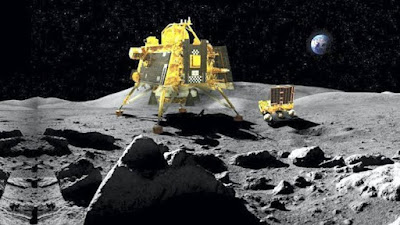What is Artificial intelligence
Unraveling the Wonders of Artificial Intelligence and Its Impact on Jobs
Introduction:
Picture a world where machines possess the ability to learn, comprehend, and perform tasks that previously required human intelligence. This fascinating realm is none other than Artificial Intelligence (AI). In this blog, we will explore the concept of AI, its various forms, and delve into the captivating topic of how it can potentially affect jobs in our ever-evolving workforce.
Understanding Artificial Intelligence:
AI is a branch of computer science that deals with the creation and development of intelligent machines capable of emulating human cognition and behavior. It involves building algorithms and systems that can process complex data, draw insights, and make decisions independently.
Types of Artificial Intelligence:
AI can be categorized into two main types:
1. Narrow AI (Weak AI):
Narrow AI is designed to perform specific tasks with remarkable proficiency. It operates within a predefined set of parameters and cannot comprehend or perform tasks beyond those boundaries. Examples of narrow AI include voice assistants, image recognition software, and recommendation algorithms.
2. General AI (Strong AI):
General AI is an advanced form of AI that possesses human-level intelligence across various domains. It can learn, adapt, and function in any intellectual task that a human being can perform. General AI, though still a work in progress, raises profound ethical and philosophical questions.
The Impact of Artificial Intelligence on Jobs:
The rise of AI has sparked concerns about its potential impact on employment. Here are some key factors to consider:
1. Automation of Repetitive Tasks:
AI excels at automating mundane and repetitive tasks that do not require creative or critical thinking. As a result, some jobs across industries, such as data entry, assembly line work, and customer service, may become redundant or significantly reduced.
2. Shift in Job Roles and Skills:
While AI may automate certain jobs, it also creates new opportunities and job roles that require different skill sets. As technology advances, individuals will need to upskill and adapt in order to thrive in the evolving job market. Jobs that involve creativity, problem-solving, decision-making, and emotional intelligence are expected to become more valuable.
3. Enhanced Productivity and Efficiency:
AI can augment human capabilities, enabling workers to focus on higher-value tasks. By automating routine work, AI allows employees to dedicate their time and energy to more strategic and complex projects, leading to increased productivity and efficiency.
4. Ethical and Societal Considerations:
As AI continues to evolve, ethical and societal dilemmas emerge. Questions around privacy, data security, bias in algorithms, and the potential for job displacement need to be addressed. It is vital to create a framework that guides the responsible development and deployment of AI to ensure it benefits society as a whole.
Conclusion:
Artificial Intelligence represents a world of endless possibilities, revolutionising the way we live and work. While concerns exist regarding job displacement, it is essential to recognize that AI also creates new opportunities and can enhance human productivity. By adapting to the evolving job market and cultivating skills that AI cannot replicate, individuals can stay ahead of the curve. As we navigate the future, a harmonious collaboration between humans and AI is essential to ensure a prosperous and equitable society. Embracing AI as a tool for progress and innovation, we have the opportunity to transform industries and redefine the future of work.




Comments
Post a Comment